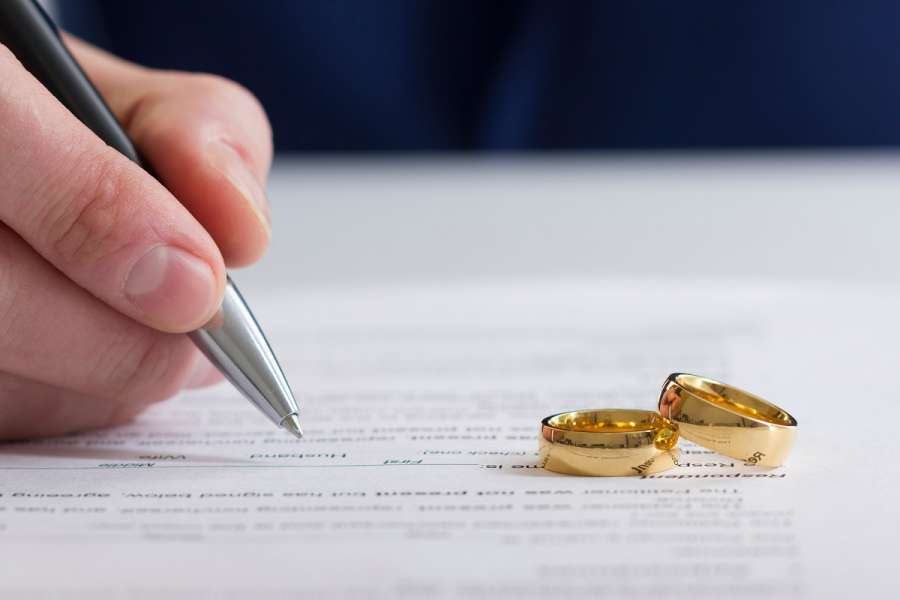The value of a business and its income will be considered an available resource of the marriage on divorce.
That is not to say that the family court would order a sale of the business.
The court recognises that the business provides an income, the loss of which may have catastrophic consequences.
In family court proceedings, the value of a business in divorce is often determined by a forensic accountant who is jointly appointed by the solicitors representing each spouse to advise on the following:
- The value of the business after tax.
- Whether there is any available cash in the business which can be extracted and, if so, what would be the tax implications.
- What the business earner can reasonably earn from the business now and in the future.
The court typically looks at the value of a shareholding in a business at a true market value.
It will look to obtain a valuation that a willing buyer would pay to a willing seller for that shareholding.







